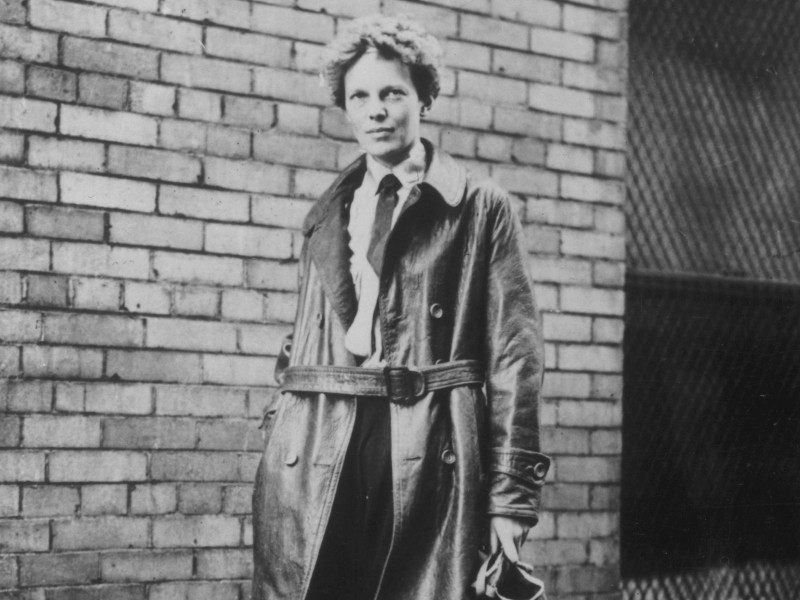The young man is over twenty-five centuries old. He stands facing us, nude and muscular, mouth flat or turned up in a gentle smile. He is a kouros: a statue of a youth, from ancient Greece. Whether he is keeping a god company in a temple, or commemorating a dead soldier, one thing is obvious: this marble boy desires nothing. He is less a vision of violent or lustful adolescence, and more a mathematical dream: stillness, proportion, unity. His nakedness has none of the swagger of later classical and Hellenistic contrapposto youths, their hips and shoulders opposed in tilts, front leg casually bent at the knee. The kouros is open, pure, serene.
Let this young man be our emblem of a certain philosophical outlook: cerebral, aloof, chaste. However thought is understood here, it is best when distanced from desire. Virtuous love is permitted, along with sulky grief or virile violence. But carnal appetite? This is the stuff of beasts, not men seeking truth.
Writing some 150 years after the kouros was chiselled, Plato gave Western civilisation the fullest celebration of this intellectual ideal. A philosophical and poetic innovator, Plato was also a moral and political conservative—on some readings, even a reactionary. Despite his moving literary works, and passionate defence of the philosophical life, the Athenian thinker often defended a neutered intellectualism. As philosopher Martha Nussbaum notes in The Fragility of Goodness, Plato was after a point of eternal perfection; an airy asylum from the world’s physical necessities. “All of our appetites are lead weights,” she writes. “But we can have no doubt about which, for Plato, is the heaviest. Sexual desire, the ‘chief officer’ of the appetites and ‘tyrant’ of the soul.”
In Plato’s dialogue Phaedo, for example, Socrates sledged the body in favour of the soul. The spirit becomes “tainted and impure,” he wrote, “because it has always associated with the body and cared for it and loved it, and has been so beguiled by the body and its passions and pleasures”. Philosophy is less a quiet hobby for aristocrats, and more a file to saw away the bars of the flesh, releasing the mind for better things.
Plato changed metaphors in Phaedrus, but his wariness of the passions remained. He granted that lust—of handsome youths, but the point was more general—might encourage love of truth. We can see in someone’s beauty, beauty itself: the ultimate forms of reality. But too many Athenians only chased sex, Plato noted. “Choosing that part which the multitude account blissful,” he writes, they “achieve their full desire”. The soul’s winged climb is again downed by horniness.
Plato’s grand flinch from libido culminated in the work of German philosopher Arthur Schopenhauer. While developing the ideas of Immanuel Kant, Schopenhauer was also something of a Platonist: looking for a way to avoid the world’s flux and strife. He saw sex as life’s rapaciousness using us to further itself—any talk of romantic love was just “soap bubbles,” he wrote in The World as Will and Idea. While Plato tried to deploy eros intellectually, Schopenhauer wanted out of appetites altogether. His ideal state of mind was totally without longing—a kind of Buddhistic withdrawal from all cares, in which the self realised its own nothingness.
Plato and Schopenhauer are extreme examples, but their outlook is representative. There is, in philosophy and theology, east and west, a long history of somatophobia: fear of the body. Sexual desire is often seen as the most dangerous of all physical urges: a kind of madness, which overthrows the rightful rule of reason. But desire in general is vilified—a craving that leaves us miserable, selfish, ugly.
This response to human frailty and flaws makes some sense. Desire is always an expression of value: for this rather than that; for him rather than her; and now rather than later. Hunger, thirst, arousal, wish—these commit us to the world. Regardless of what we think, or what we think we think, desire takes over from mere existence. This is rightly frightening, threatening our ideas of liberty. Before we can deliberate and decide, we find we have already chosen.
For the philosopher Alfred North Whitehead, this was an example of ‘importance’: all life prefers some things over others—in fact, it is this preference. There is no rational deliberation about facts, without there first being some judgement of importance, which identifies these facts and not others. “No fact is merely itself,” he wrote in Modes of Thought.
So desire is slandered because it seems to mock our sovereignty. We can no longer be free atoms, vectors determined only by calculation. With desire, we become entangled.
Lust or longing also reveals a strife of values. We think we want temperance, prudence and sobriety—yet we find ourselves chasing profligacy, abandon and mania. To recognise desire is to discover ourselves at odds with ourselves.
But the intellectual vision of a world without desire is itself a kind of yearning. Thinkers like Plato and Schopenhauer did not simply begin with a premise and move logically to a conclusion—they wanted a world in which desire was abated or annulled. This is not sexual desire, but it is certainly a profound and powerful want: to slow or stop their wanting. Perhaps this can be granted in moments—meditation, exercise or art, for example—but it makes no sense of existence in general, or human existence in particular.
Philosopher Friedrich Nietzsche saw this scholarly rejection of desire as a sickness: the daydreams of weak, ailing bodies. Their body “is a sickly thing to them,” he wrote in Thus Spoke Zarathustra, “and they would dearly like to get out of their skins”. And from this, they seek to avoid the physical world altogether, in favour of otherworldly truth, or nothingness. In this light, the desire to avoid desire is still, obviously, a desire—but a pathological one.
Nietzsche was a cruel critic at times, but his diagnosis had something to it. Desire that hopes to destroy itself for the sake of truth or beauty or justice—there is something ill in this. It suggests we no longer trust ourselves. In Charmides, Socrates spoke of his “wild beast appetite” for a young man at a wrestling school, and the Roman philosopher and lawyer Cicero described Socrates confessing to his vicious temperament. Perhaps the dream of a world without aches or pangs arises when, ashamed or pained, fierce urges turn against themselves.
If this is true, then no denial of desire can help. Lust or craving can be ignored, falsified, projected onto others. But it can never be done away with, if only because this enterprise itself requires some form of desire to work—if not sexual, then something equally powerful and dangerous. At best, desire becomes sublimated: given new ideals to fulfil. This Freudian language is no coincidence: psychoanalysis is a little like Plato and Schopenhauer, but without the hope of otherworldly enlightenment or blissful nothingness. In this general portrait of the psyche, libido can neither be ruled nor exiled—it is the house guest that must be accommodated. So the remedy is not repression, but revelation: becoming intimate with desire; being more curious about our own gropings and lurches.
Put another way: desire is a problem, yes. But not one to be solved, once and for all. Like a riddle or puzzle, it prompts consideration—and also guides it, providing some of its force.
If the ancient kouros is an emblem for this desire, he does not symbolise the end of it. Our perspective can shift. Let his nakedness reflect honesty; his charm, raw materials put to new ends; his beauty, forces held in graceful conflict. If the young man is calm, it is because desire demands rest and reflection before its next adventure.
Related Features
-
44
-
-
-

